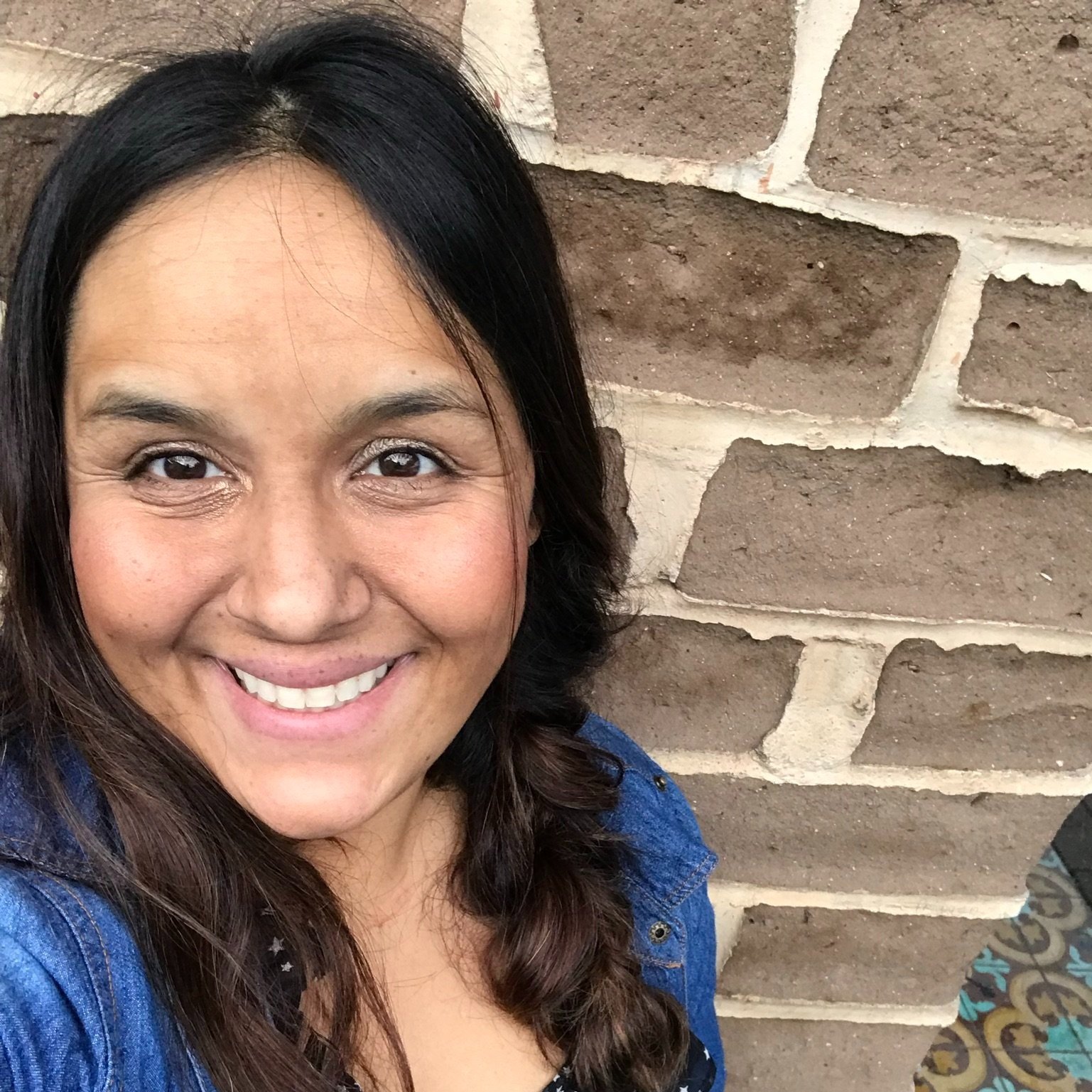Teaching Our Children to Love their Faith and Our Different Heritages
Despite what some might think, it is not difficult to raise a multicultural family in the Catholic Church. The Church is universal, we can go anywhere in the world and witness the same miracle during the Mass. Some criticize the Church for being exclusionary with only some being welcome. But our faith is grand, our churches are never quite full, and we can always welcome more.
I've heard from friends telling me that they have felt unwelcome in some parishes. It could be because the visitor didn't speak the same language as the members of that church. In other cases, some parishes are very tight knit, not seeing the need to open their arms to the strangers worshipping in their midst who don't look or sound like them.
We can learn how to not only feel more at home, but to make our individual parishes more welcoming.
Being a multicultural-Catholic mom has made me appreciate the universality of our Catholic faith. I’ve attended Masses in various languages: Chinese, Spanish, Indigenous Native languages, and English. In fact I might never have met my Chinese-American husband if it wasn’t for our common love for our Catholic faith.
If you are struggling as a multicultural-catholic family in a homogenous parish, I have some ideas for you.
Get to know the people in your pew.
Our family got to know the other parishioners by sitting in the pew and attending Mass on a regular basis.
We talked with the people around us and shared about my Catholic Chinese immigrant in-laws who married in China, an anti-Catholic country. We told our new friends about my grandmother who, despite living in Mexico for the entire fifty-plus years of her marriage, didn’t receive the Eucharist because she wasn’t married in the church. We were able to share the miracle that, on my grandfather's dying days, he married her, and she attended Mass and received our Lord.
Hold on to your cultural traditions.
Our goal as multicultural-Catholic parents is not to make our children “more” of either of our cultures, it is to bless them and encourage them to live a life of courage and virtue. There was a time in our Church past where assimilation to a certain cultures and languages was normal. Thankfully, the Church has learned in this area. (Pope Francis' visit to Canada acknowledging the harm and asking for forgiveness is one example of how the Church is revealing that it can grow.)As we’ve raised our children in the Catholic faith, we learned to keep the treasures of our own cultures like the food and traditions that don't contradict the faith.
Emily Ha, @inner.eminence.
Share why multi-cultural worship is important with others.
As a Church, we are still learning the best way to reach people's hearts, and most importantly souls. When there are barriers of culture and language we can explain why these cultural elements are so meaningful with others. Together we can discover new ways to weave them appropriately into our worship. Language is one example. The Church is not restricted to using one language. I attended a Chinese funeral conducted in Cantonese. I can only imagine how comforting it must have been for those mourning to celebrate in their native language.
Multicultural Catholic families are a witness to the power of evangelization.
We bring our Lord to the tiniest villages, the largest cities, grand entrances and dirt floors because the Gospel was meant to be shared, not contained. Multicultural-catholic families like ours exist because of the hard work and sacrifice of missionaries. We are a witness to the universality of our faith. We aren’t always in Masses where people look like us and I see that as part of our evangelization as a family. We continue to teach our kids the beauty of our faith while embracing the jewels that our cultures have blessed us with. Our family is different from monocultural-Catholic families. We acknowledge the beauty that is our culture and we rejoice that we are part of the Catholic faith.
If you would like to welcome more multicultural-catholic families in your parish, here are some things to remember:
Individual languages and cultures matter.
Our Church is grand and beautiful. We are universal. As individuals let go of aspects of their culture that are contradictory to the faith, they remain people from a different culture. A different culture can teach us a lot about what it means to be members of the Body of Christ.
Our Church is grand! It is not one place and one person. If we make our churches seem like only certain people are welcome we are making our Church small. Small isn’t a bad thing but don’t we want the kingdom of heaven for many?
Meet Lily Mar
A mama of six enjoying life around the dinner table. Passionate about embracing children with disabilities. Lover of creating childhood memories for her kids. Married to her Chinese stud for almost sixteen years and raising their kids in a multicultural household. For traveling, the mountains always win her heart, but a trip to trying a menu at a new restaurant is as good as a vacation.


